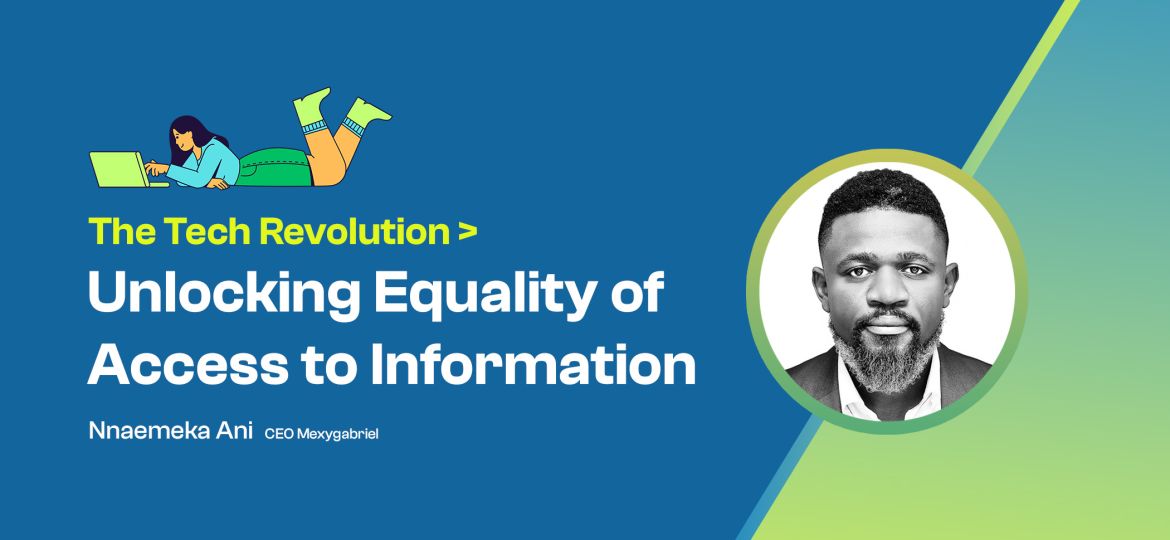
In the quick-paced digital age, technology has evolved into an omnipresent force that impacts our everyday lives. The unparalleled equality of access to knowledge brought about by technology is one amazing facet of this revolution. Even as conversations about social injustices continue, we must acknowledge and value how technology has made information more accessible in a democratic way. In addition to levelling the playing field, this newfound access enables people to realise their full potential by becoming self-taught in the enormous field of technology.
The Equality of Access to Information:
In the past, access to information was frequently restricted to people who had special access to resources like printed publications, libraries, and educational institutions. But with the development of technology, especially the internet, information has become more widely available to everyone with a digital device and an internet connection. The internet has broken down conventional boundaries to knowledge and is now a gateway to a multitude of information, regardless of where you live—in a busy metropolis or a secluded town.
Boosting Independent Learning:
Being able to educate oneself nearly anything for free is one of the most liberating features of the technological revolution. Online learning environments include a wealth of materials, including open-access courses, instructional videos, and educational webpages. The resources are available to you regardless of your goals—learning programming languages, gaining commercial acumen, or exploring scientific fields. Because of this unparalleled accessibility, people are able to customise their educational paths to fit their interests and goals, fostering a culture of self-directed learning.
The Development of MOOCs, or Massive Open Online Courses:
MOOCs, or Massive Open Online Courses, represent the pinnacle of technology-enabled educational equity. These courses offer high-quality education at no cost, and they are provided by prominent institutions and specialists worldwide. With the help of websites like Coursera, edX, and Udemy, learning has become more accessible to people from all backgrounds. These platforms allow students to take classes taught by professionals in their professions. MOOCs’ adaptability and affordability help to break down barriers to education by enabling students to reskill and upskill without worrying about money.
Possibilities for Remote Learning:
Conventional education paradigms have also undergone a transformation thanks to the widespread availability of digital technologies. With the growth of online degree programmes and remote learning, people can now pursue education without being restricted by geography. This is particularly important since it offers a path for professional growth and lifetime learning in areas with potentially weak educational infrastructure.
It is critical that we recognise and appreciate the revolutionary role that technology plays in promoting equal access to information as we navigate the complexity of today’s environment. In the digital age, education has gone from being a privilege for the select few to a fundamental human right. People can now overcome socioeconomic hurdles and design their own routes to success by utilising the wealth of online resources. We empower ourselves and make a positive impact on a fairer and better-informed global community by embracing this technology revolution. The information age invites us to take advantage of its chances to reach our full potential and work together to create a better future.

